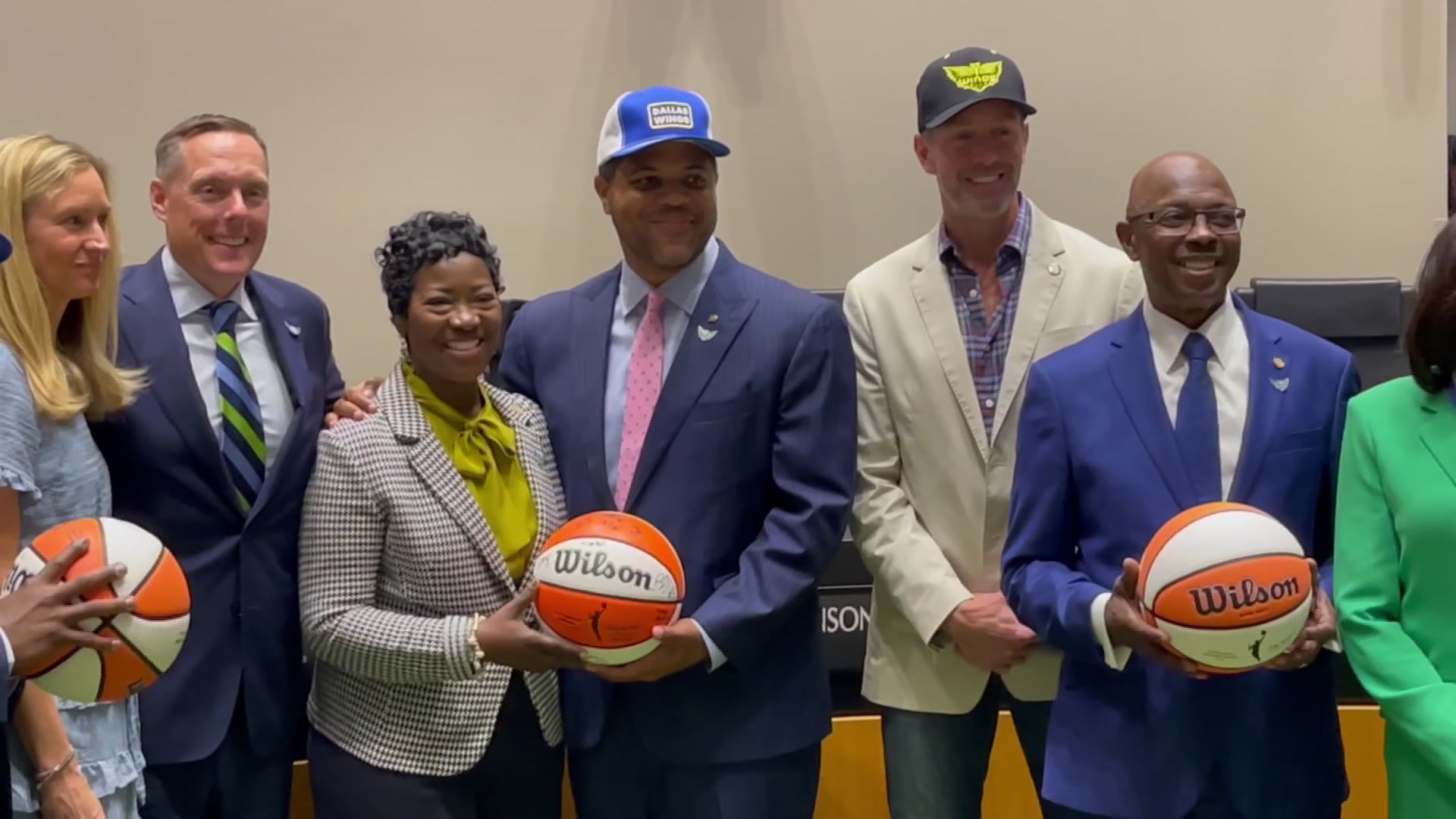The alligator attack that killed a two-year-old boy in Orlando has some folks in Lake Worth worried about a gator living there. Now the city has decided the animal has to go.
Alligators normally live near the north end of the lake, but this one has been seen much farther south, near the docks.
The manager of the nearby Fort Worth Nature Center and Refuge now has a nuisance permit allowing him to trap and move the gator.
He says this is a different situation from Orlando because the Lake Worth gator has been there in a more natural habitat for a long time.
Still, the best defense is to be aware.
They say close only counts in horseshoes and hand grenades.
But for a group of friends tossing horseshoes by the edge of Lake Worth, there’s something else that’s been too close for comfort.
Local
The latest news from around North Texas.
“I can tell you, seeing an alligator is a bit concerning,” said Phil Periman.
It’s a big one, about 10 feet long. He’s been bumping into docks along Fort Worth and making a name for himself.
“He is known as Rooster Cogburn, after the John Wayne movie character who was blind in one eye,” said Rob Denkhaus, Director of the Fort Worth Nature Center and Refuge.
That’s because the big gator is blind. Denkhaus is charged with finding him and moving him back home to the Nature Center. He drifted down to more populated areas of the lake in recent flooding.
“Gators, like human beings, are lazy. They don’t want to fight the current when they can go sit in the shallows and just relax,” said Denkhaus.
He’s been out on the lake looking for Rooster but there hasn’t been a reported sighting for a week now.
Denkhaus wants people to be aware, but says don’t expect him to run into you, like he’s been seen on video running into docks.
“That’s because the dock doesn’t move,” said Denkhaus. “There was no way for him to know the dock was there. He knows when things are moving and he avoids them.”
Stacy Voenisch and Heather Matteson are counting on that, to keep up their stand-up paddle-boarding on the lake.
“We jump in the water and swim and get back on and I don’t think about it when I’m out there,” said Matteson.
But everyone agrees getting a blind gator out of sight would make for a more comfortable summer.
“You’ve got a ton of boaters out here and children and you want them to be safe,” said Periman.
Denkhaus gave a few key tips to stay safe from alligators: Don't swim from dusk to dawn, when they’re most active. Stay out of areas near the edge with vegetation and never feed alligators. That makes them more likely to approach people.
If you spot the 10-foot, blind gator, call the Nature Center at 817-392-7410.



